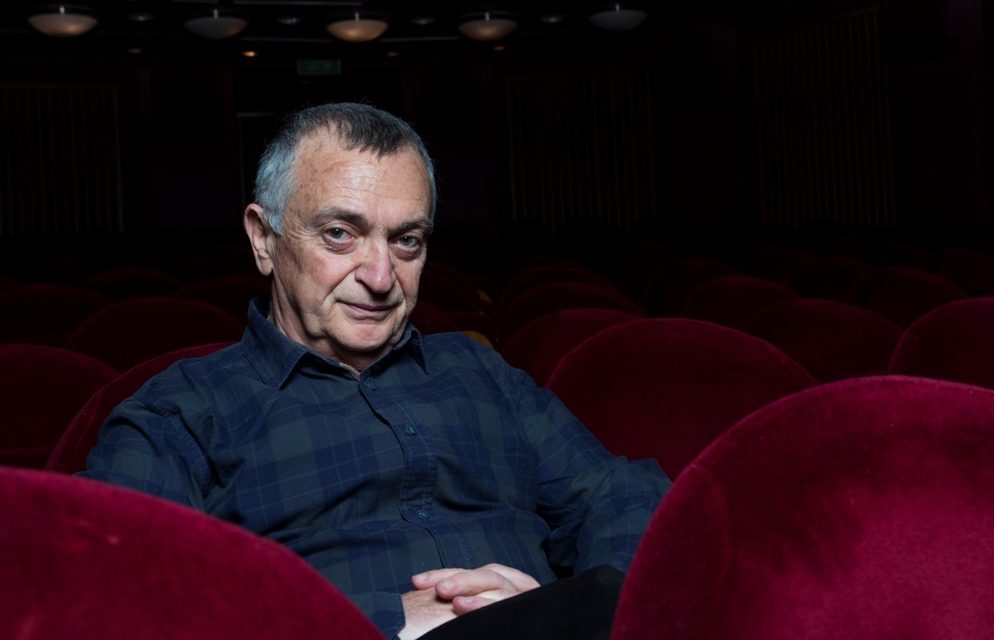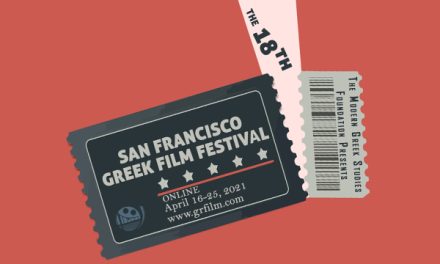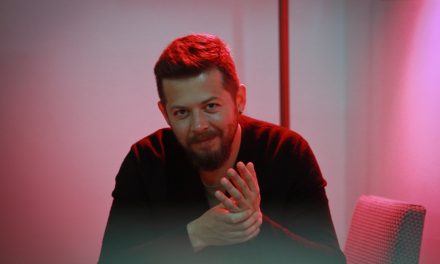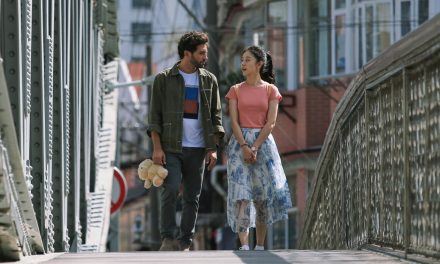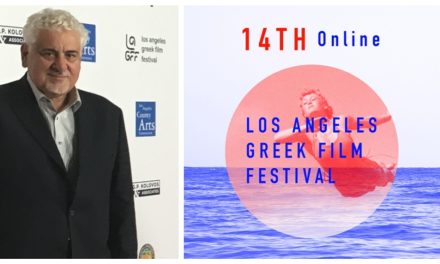Born in Chania, Crete in 1954, Stavros Psillakis is a graduate of the National Technical University of Athens in Electrical Engineering. He studied film direction at the Hadjikou Film School (Athens) and anthropological documentary filmmaking at the VARAN School (Paris) [founded by Jean ROUCH].
His filmography includes the following documentaries awarded at many festivals: “FOR NO REASONS meetings with Giorgos Maniatis” (2019) about Giorgos Maniatis (1939-2018), a legionnaire in Algeria at 18, author and later a musician. In “Olympia” (2015), Psillakis spends 4 days next to Olympia, a 33-year-old terminal cancer patient and mother of a 4-month-old son, Panayiotis, and the rest of her family. He also directed “The light inside” (2015) and “Short gipsy stories” (2014). “METAXA listening to time” (2012) focuses on doctors and staff at the METAXAS Cancer Hospital who are cancer patients themselves. It observes this special group of patients as they continue to work at the hospital, where their illness becomes a life lesson. “There was no other way” (2009) follows a small rump of the Democratic Army (founded by the Communist Party of Greece during the Greek Civil War), who remained in hiding for 14 years in Chania, Crete, where they continued to take part in illegal political activity, long after the Civil War had ended in Greece, telling of their endurance and the self-sacrifice of the ordinary people who hid them. “The man who disturbed the universe” (2000) visits a group of psychiatric patients at the Chania Psychiatric Clinic and another group of former chronic patients, now out of the Psychiatric Clinic, that goes through the painful process of social rehabilitation and dares to embark upon a weeklong trip to Denmark. Besides being a prominent documentarist, Stavros Psillakis said yes to Yorgos Lanthimos offer to play the protagonist’s father in “Alps”.
Stavros Psillakis observes the human soul in some of its darkest moments, and as it gets wiser once back in the light. He talks with “public enemies” and listens to madness in its chaotic delirium. In his documentaries, the “mad” become poets and the ill become philosophers. In his interview with Greek News Agenda* about some of his best-known documentaries, he talks about the influence that psychoanalysis and his background in engineering had in igniting his doubts and constructing his narratives.
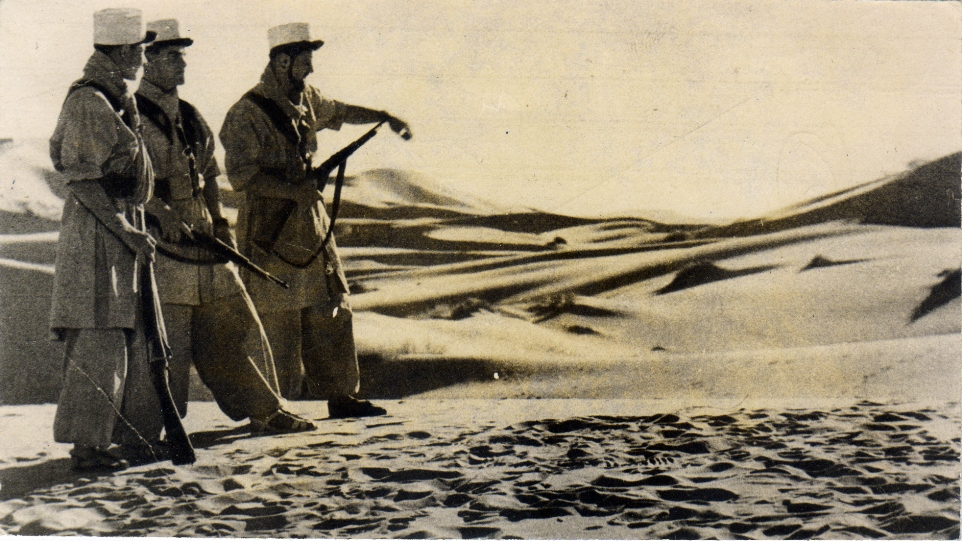
“FOR NO REASONS Meetings with Giorgos Maniatis”, dir. Stavros Psillakis (2019)
As a documentarian, you are attracted by people that go through extreme experiences. What do you expect to make out of their stories?
My films don’t have a didactic or activist approach. They are not about how people with psychological diseases or cancer patients should be treated. To explain the way I see documentary making, I have to go back to why I began making films. Cinema wasn’t my biggest love. I liked watching films, but I wasn’t a film buff. I belong to the Athens Polytechnic generation and much of the political controversy of the time was depicted in films. I was a keen reader of literature, poetry and philosophy. I was also interested in anthropology and psychoanalysis which influenced me to a large degree. I was interested in the way philosophy and psychoanalysis endeavoured to answer big questions, the grundsfrage, the purpose of our existence. I was always amazed by the way literature depicted human nature and researched its components. I was always turning to literature with a genuine interest and curiosity about who we are and not what the right kind of conduct is.
When people face extreme situations, whether they are confined in a psychiatric hospital or fighting cancer, they rethink of life and I am intensely fascinated by this rethinking. But people who go through extreme situations are not the only ones that I am interested in. The protagonist of my most recent documentary “For No Particular Reason” has indeed experienced extreme situations but what interested me the most was what he said about the second birth. He said that we are not responsible for our first birth. We can’t choose the country we are born in or our relatives. But we have the responsibility for a rebirth at some point in our life. As he put it in words, “Life changes by those who change their lives”. This is something that touches us all at some point in our life.
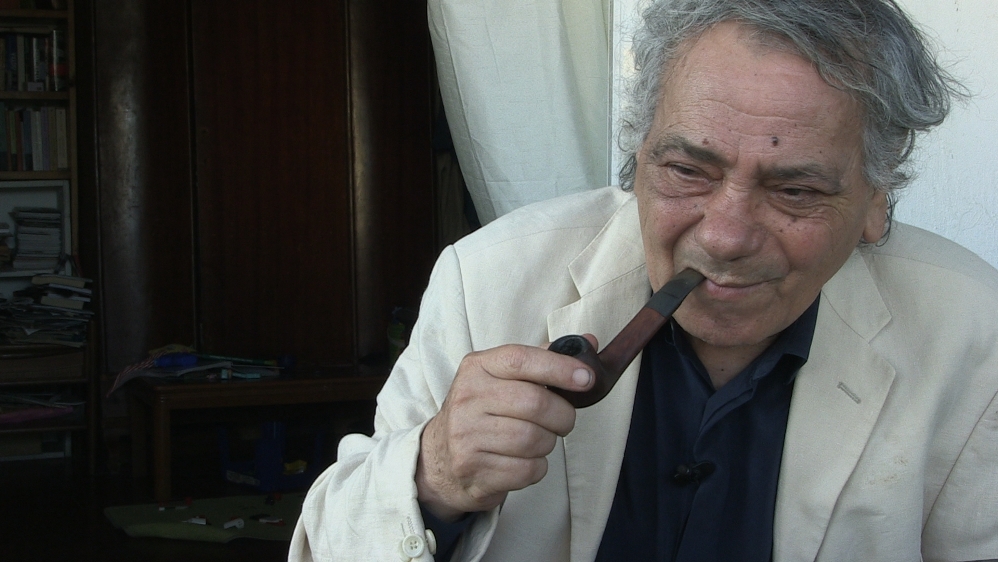
“FOR NO REASONS Meetings with Giorgos Maniatis”, dir. Stavros Psillakis (2019)
As far as the Psychiatric ward is concerned, I remember myself wondering why Yorgos Kokinidis (my favourite psychiatric patient) is in while I’m out. He was the most rational of all. Of course, there was a reason he was hospitalized, but I couldn’t help wondering what brought him to a breaking point and he ended up being hospitalized, while I, who may have the same agonising questions as him, may be out, at least for the time being. That is something I cannot answer. “The Man who disturbed the Universe” is screened often. What I tried to do in that film was to let the patients express themselves. I didn’t want to give the floor to the doctors and the specialists. I wanted the audience to get to know the patients and their stories. The highlight was when they took the camera and started to film. Some people think that it was staged by me but it was totally spontaneous. We were having a little talk in the «Citizen’s Assembly», the place they meet and interact daily when one of them asked to see what’s inside the camera. When he took the camera, he started moving around filming and using the camera as a diary and while he was moving around I heard him say “I am the man who disturbed the universe”. This is where the title of the film came from.
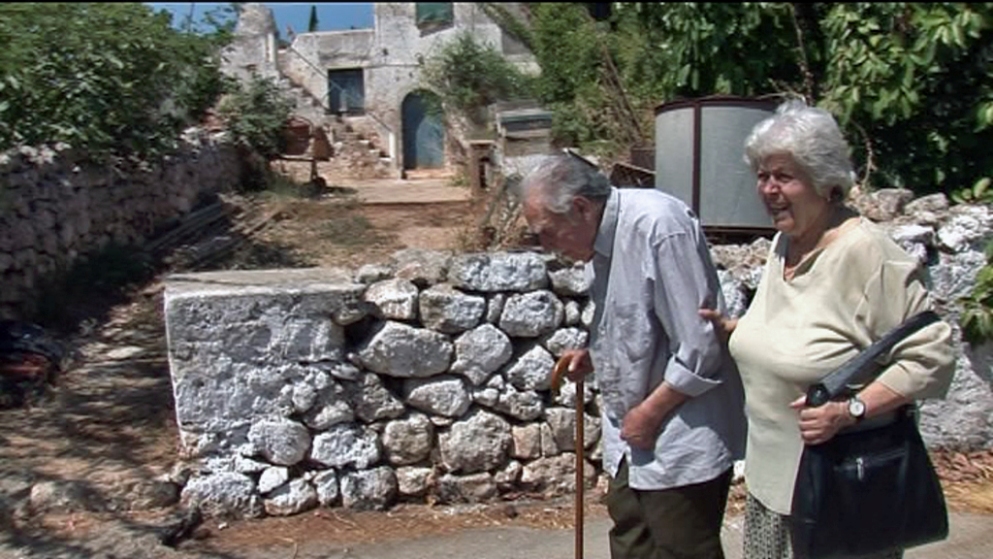
“There was no other way”, dir. Stavros Psillakis (2009)
How do you interact with the people you depict?
I am interested in mental and body health issues and most of all the psychological issues related to health. As I’ve already noted, psychoanalysis fascinates me. I’m intrigued by the ongoing process of the questions and doubts growing inside me. And the things I’ve read helped me in being compassionate and understanding. When people talk to the camera in my films, they are not interviews, they are discussions. I don’t have a specific method to make my subjects confide in me. I want the people that talk in my films, to first and foremost to trust me. I have a rough plan of the film in my mind, but the important thing is that I am an active, non-judgmental listener who tries to understand. I also try to make sure that my subjects feel safe after they have talked. That’s why I work extensively and thoroughly when editing, trying to be considerate to the utmost regarding details that might be delicate to the people that share their stories with me. If they have this gut feeling that they will be treated with respect, then they can trust me and start talking to me. Where a discussion might take you depends on who you are, because you don’t only film the other, you also film yourself.
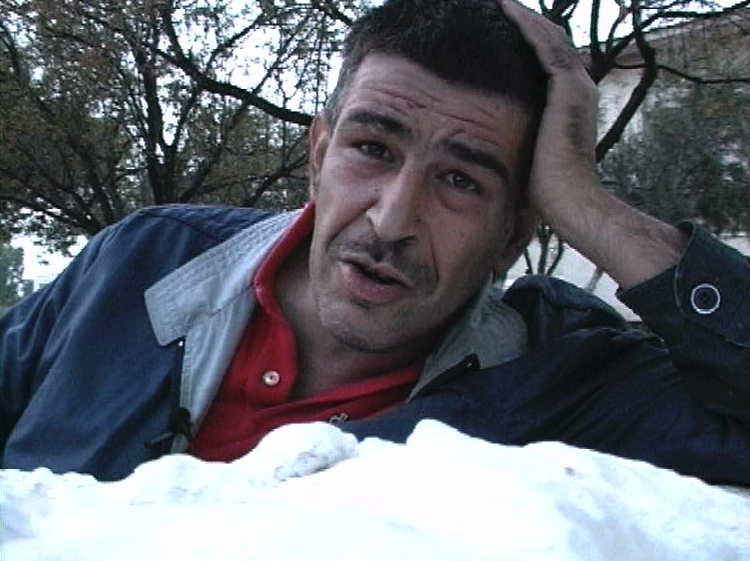
“The man who disturbed the universe”, dir. Stavros Psillakis (2000)
As you said, you have a rough plan of the film and you let the rest of it evolve. Nevertheless, I feel that in each of your documentaries you choose the protagonist. In “The Man Who Disturbed the Universe” for example, the protagonist is George Kokinidis who is something like a master of ceremonies. In the case of “Metaxa Listening to Time” it’s the doctor you start and end the film with. How do you choose the protagonist? Do you spend a lot of time with your subjects in order for them to get used to the camera?
You’re right. I don’t know who is going to be the protagonist of the story and I don’t need to spend a lot of time with them. As in real life, when you are talking with someone, this communication might end up in a fiasco or in something glorious. When there is something glorious, it’s something that happens once and won’t be repeated. I cannot tell the interviewee to repeat what she or he said. So I don’t know what the product of my discussions will be.
In the case of “The Man that disturbed the Universe”, the film was initially meant to be about the reintegration programs that were running with European funds in various psychiatric hospitals in Greece. This is how shooting began. In the meantime, I found out that there was more to it. I asked the chief psychiatrist to send me some of the most interesting cases to have a talk with them; George Kokinidis was one of those sent. I had previously seen him in a quarrel and he didn’t seem that appealing. In fact, I was certain that the psychiatrist was playing a joke on me. We began talking about the Polytechnic schools where we had both studied. Within five minutes, a relationship was established between us as we started travelling together towards our common Heimat/homeland, i.e. the books, the poems, the music we loved, all the things that move us and constitute us as human beings. I was shocked to discover we had so many things in common. This was the beginning of a beautiful friendship. For years I was in close contact with George. He gave my son his second name and he loved him dearly. Maybe he was the son he never had. George was a charismatic and cultivated person and in the film, he is guiding us in his Kingdom. I was very fortunate in that I was given carte blanche in making the film by the doctors we collaborated with and Kokinidis was the catalyst for the final product.
In the case of “There was no other way” I was asked how long I had been working on the film, to which I responded “58 years”. That was my age at the time and it wasn’t a clever retort. I had brought to that film all the books that I’ve read, the experiences I’ve had in my entire life so that I would be present in the procedure.
In the case of “Metaxa”, I started with the doctor that later became the protagonist, because he was told he only had two months left. Thankfully, he lived for four more years and he also happened to be a very interesting person.
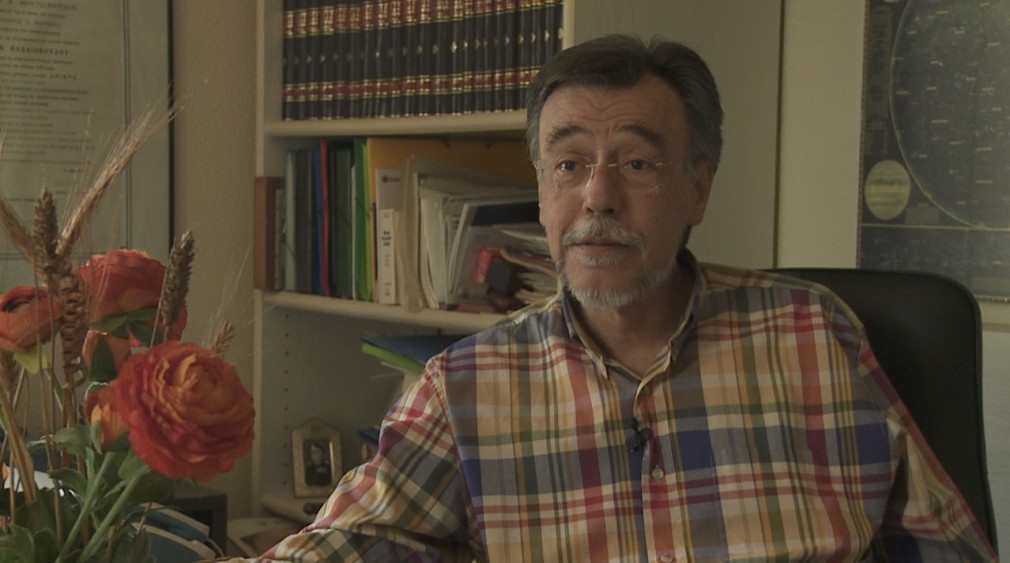
“METAXA listening to time”, dir. Stavros Psillakis (2012)
In the case of Metaxa, you cover a wide spectrum of issues concerning a public hospital. Are the doctors as nice as they appear or did you subconsciously make a hagiography?
It’s not a hagiography. That’s a thought that crossed my mind. There is so much ugliness surrounding us that each of us has two choices: to be either in constant war with this ugliness or to find small spaces of beauty which make life sweeter, more bearable. Seeing the film I felt that now I feel free to fall sick, I’ll be totally safe in their hands.
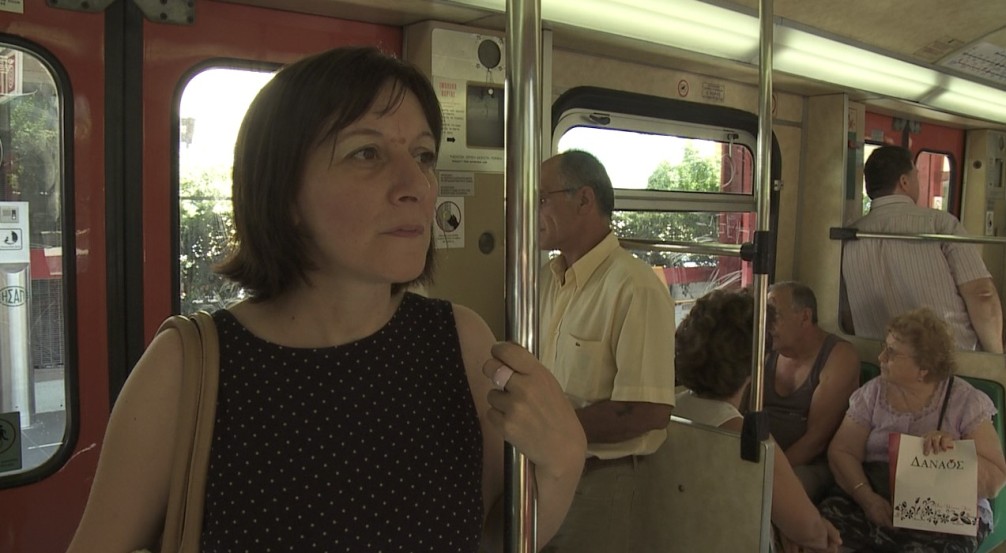
“METAXA listening to time”, dir. Stavros Psillakis (2012)
That’s where I’ll go too if something happens. These spaces of beauty are the reason that although “Metaxa Listening to time” is about a difficult issue, fighting cancer, it’s an empowering film.
A friend of mine characterized the film as a life lesson. In the film there was also Vassilis. He was a very simple man, the man next door. He was a cancer patient in Metaxas hospital. I was stricken by his gratitude towards the doctors that took care of him without knowing him. He didn’t focus on the pain he felt or other negative things and that sense of gratitude really won my heart as well as what he said about the masks we wear depending on where we are, which was deeply psychoanalytic.
“Olympia” was the most difficult film. I was introduced to her by her doctor and spent a few days with her family. I was thinking whether to do a film about her or not because I had recently finished “Metaxa” and I wanted to unload the psychological burden. But I couldn’t resist. The filming lasted four days and four days later Olympia passed away. “Olympia” was an ancient tragedy taking place in a room. There is the life that has come and the life that bids goodbye. There is a father that knows everything and tries to hide his pain and a religious mother, while outside the room Death awaits in his black cloak. All the family, the little children are offering the best that can be offered to someone in this condition: a big hug. I often go and visit Olympia’s family when I’m in Thessaloniki and I play with Panayiotis, her son.
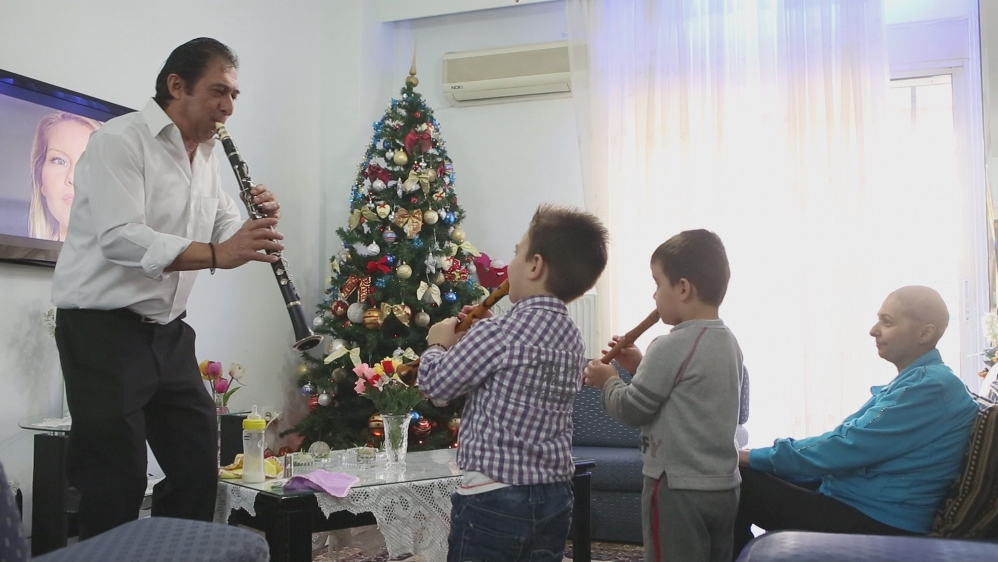
“Olympia”, dir. Stavros Psillakis (2015)
As you have said, you construct your story during the editing procedure.
Exactly. My background as an engineer has given me a way of thinking and organizing things. I create the film on the editing platform. But to do so I need to meticulously organize it and construct it. There is a sequence of things I have to do and I owe this way of thinking to my studies in engineering.
So, as I said before, I have a general idea on how I wish the story to unfold and I construct my story accordingly. In Metaxa’s case e.g., I focused on what happens when these people were told they had cancer. In the case of “There was no other way,” I avoided distinguishing between who’s wrong and who’s right. What was interesting for me was what made them persevere when everything was lost. The only answer I could come up with was that these people lived their lives with dignity. And the interesting thing is that no one had asked them to do so.
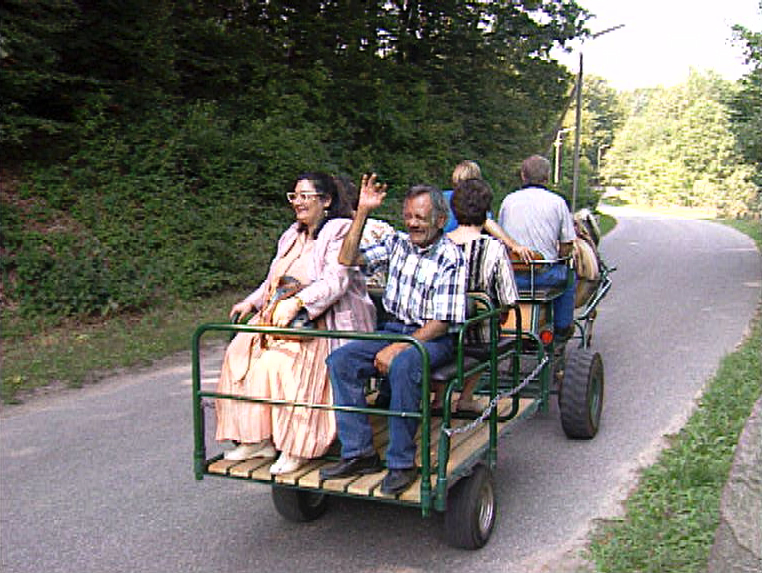
“The man who disturbed the universe”, dir. Stavros Psillakis (2000)
How has documentary making developed in Greece and what was the role of Documentary Festivals?
The main problem is that documentaries have to a large degree been associated with journalism. Many of my films, such as “Metaxa”, could have been treated as journalistic documentaries. There is a kind of documentary that we call anthropocentric that has blossomed in recent years but has still not found a big audience. When someone asks me what the plot of the film is, I try to explain that what is important is not the plot but the way you will treat your subject.
The Thessaloniki Documentary Festival is very important. It is also important that the same people that were in the initial team of Dimitris Eipides who founded the Festival are still there, and for me it is always a great pleasure to attend it. There are other important documentary festivals such as Docfest in Chalkida, and Chania Film Festival which is new and dynamic. There were others too, but they were severely stricken by the crisis.
FOR NO REASONS meetings with Giorgos Maniatis, trailer. from twothirtyfive on Vimeo.
Watch Stavros Psillakis documentaries here.
* Interview by Florentia Kiortsi

